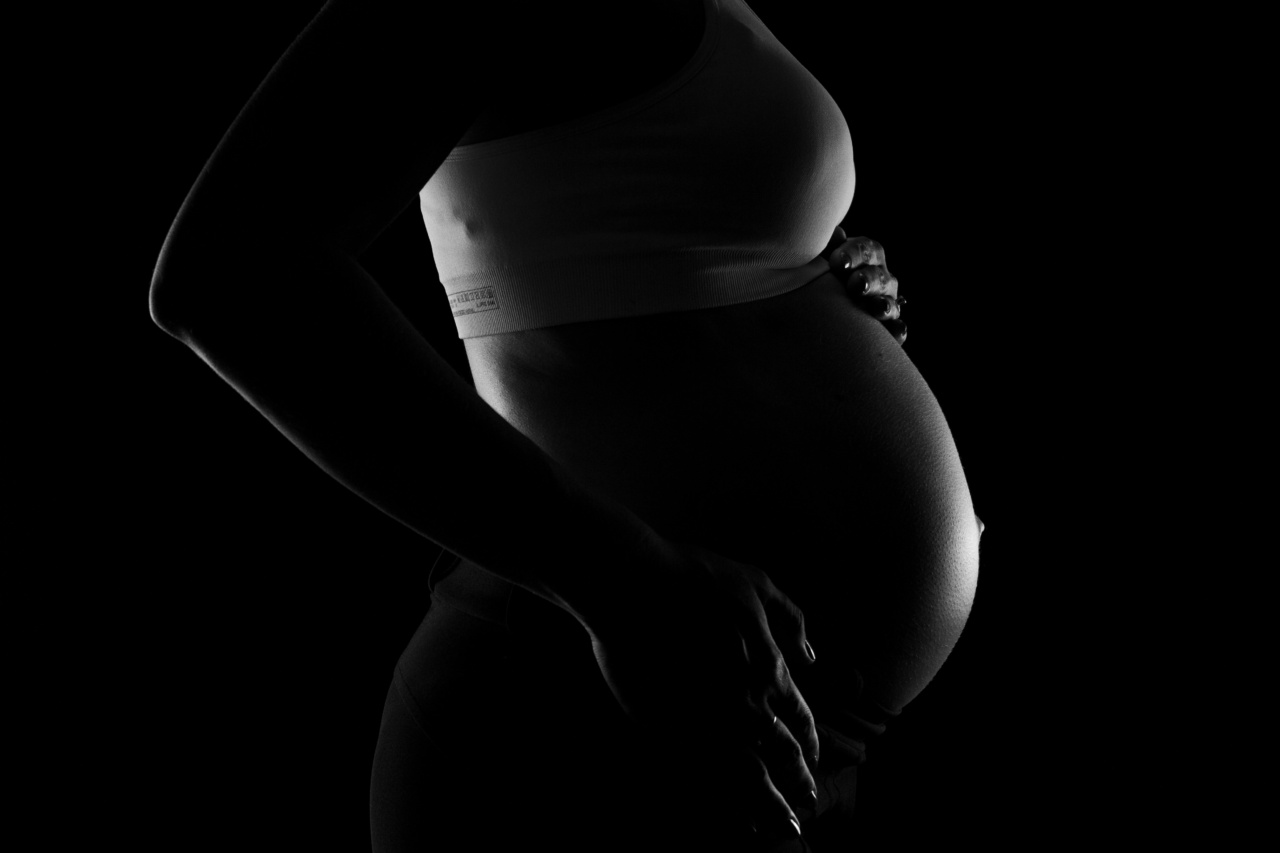Pregnancy is a transformative journey that can take you on many ups and downs. During pregnancy, your body will undergo many changes, both internally and externally. One part of your body that will be affected significantly is your breasts.
If you’re an expectant mother, you probably have many questions about what to expect when it comes to your breasts’ appearance and functionality. Here are eight surprising things that will happen to your breasts when you’re pregnant:.
1. Your Breasts Will Look Different
Your breasts will change in appearance during pregnancy, and this is due to many factors. The primary cause of the change in the breasts’ appearance is the increase in hormones.
Hormones such as estrogen and progesterone increase during pregnancy, making your breasts fuller, firmer, and even more sensitive to the touch.
In the early weeks of pregnancy, your breasts may become tender, swollen, and heavy. You may also notice that your areolas get darker, and the veins on your breasts become more visible.
2. Your Bra Size Will Increase
As your breasts grow in size, you may experience discomfort and even pain. To help alleviate this discomfort, you may need to invest in new bras that support your breasts better.
Expectant mothers can increase their bra size by as much as two cups during pregnancy, with some women looking to maternity bras for comfort and support.
3. Your Breasts Will Start to Produce Milk
One of the most significant changes to happen to your breasts during pregnancy is the production of milk. It’s essential to understand that milk production occurs as a result of hormonal changes in preparation for breastfeeding.
Some women may even experience the production of colostrum, a yellowish fluid that contains vital nutrients and antibodies for your baby’s immune system.
You might notice leakage in your bra or require breast pads to avoid the embarrassing wet spots that can be a side effect of breastfeeding.
4. Your Breasts Might Get Itchy
When your breasts start to grow during pregnancy, your skin stretches, leading to itchy skin. This situation occurs as a result of hormonal changes that make the skin more sensitive.
The best way to alleviate the itchiness is to moisturize your breasts daily and avoid taking very hot baths or showers. Applying a cold compress can also help soothe the skin and reduce the itchiness.
5. Your Breasts Will Become More Sensitive
As soon as your pregnancy hormones start to increase, you might notice that your breasts become more sensitive to the touch. It’s common to feel breast tenderness, swelling, and soreness that won’t go away quickly.
In some cases, breastfeeding can be painful, especially if you’re not latching correctly, leading to nipple cracks and bleeding.
Speak to your healthcare provider to help you understand how to breastfeed correctly and take care of your breasts to cope with pain during breastfeeding.
6. You Will Experience Lumps in Your Breasts
Lumpy breasts are a common side effect of pregnancy, and they occur due to the hormonal changes in your body. These lumps can be hard and tender to the touch, leading to increased discomfort.
It’s essential to examine your breasts regularly to ensure that lumps or bumps don’t develop into a serious medical condition such as breast cancer.
Speak to your healthcare provider if you’re concerned about any lumps or bumps in your breasts, and follow their advice to treat them properly.
7. Your Areolas Will Change in Appearance
Your areolas, the colored skin that surrounds your nipples, will become more prominent and change in appearance during pregnancy. They will darken in color, and you may notice small bumps around them.
These changes occur due to the hormonal changes in your body preparing for breastfeeding. They are usually not a severe condition and will resolve themselves after delivery.
8. Your Breasts May Be Leaky
As previously mentioned, your breasts will start to produce milk in preparation for breastfeeding. Some women may even experience a leakage during the last weeks of pregnancy.
It can be embarrassing and annoying to deal with wet spots on your clothes or bra.
You can wear breast pads to absorb the leakage, or lactation consultants can suggest techniques to help reduce the amount of leakage.
Conclusion
Pregnancy can be an exciting and challenging time for expecting moms. Knowing what to expect regarding breast changes can help reduce anxiety and ensure you’re well prepared for the changes your body will undergo.
Remember to speak to your healthcare provider if you’re experiencing any breast-related concerns, as they can offer you the best advice on how to handle any changes in your body.





























